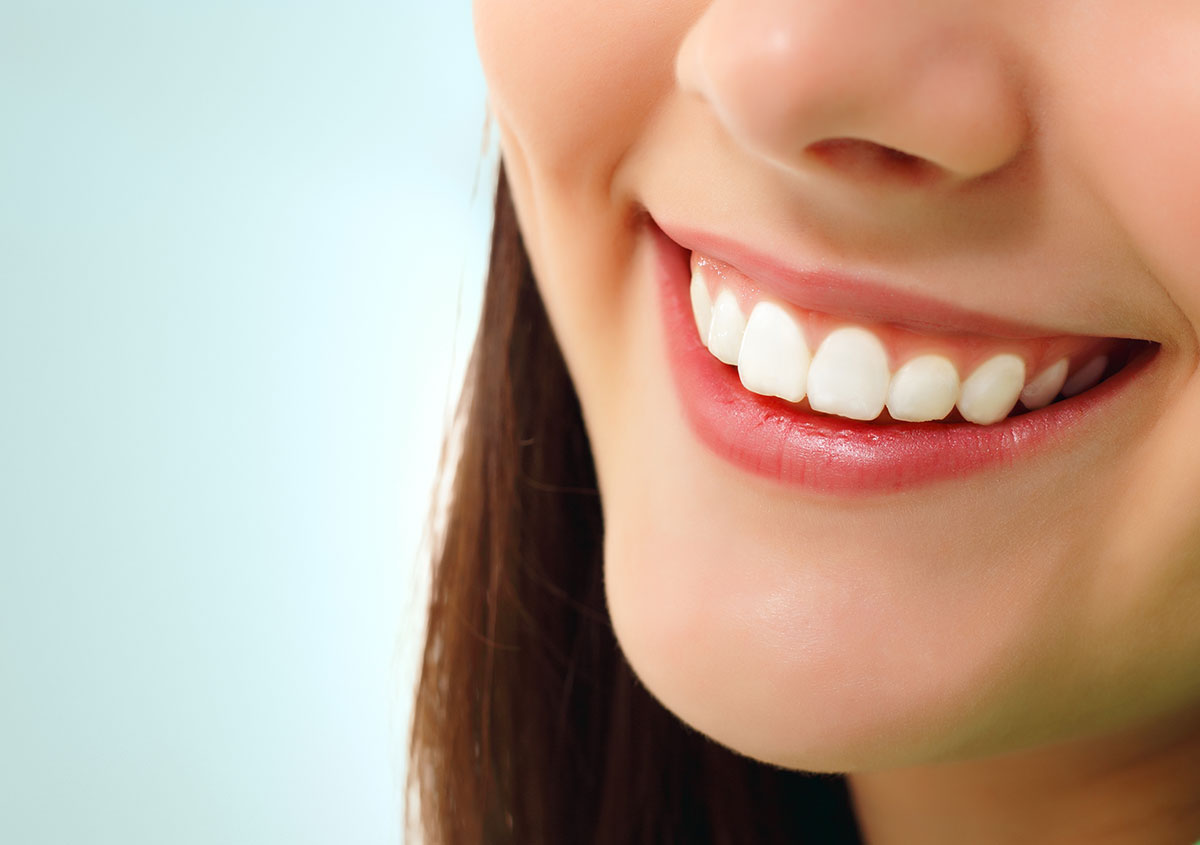Eliminate Cleaning Worries about Dental Implants
Even though the stories of wooden teeth are, for the most part, fictional, particularly when they apply to George Washington, the truth is that the father of our country did have continuing problems with his teeth. Those problems began when he was young, and his journals make reference to the pain and angst he suffered because of ill-fitting dentures, hurtful procedures, related gum problems, cosmetic concerns and the high cost of dentistry.

Isn’t it wonderful that modern dental practices have been developed — including implants, restorative dentistry, natural-looking crowns and bridges — in order to spare us many of Washington’s concerns. Today, routine dental care not only keeps teeth and gums healthy, but combined with an excellent daily brushing and flossing routine, can help you to keep your teeth for a lifetime.
Gone, for the most part, are the days when it was routine practice for seniors to keep a glass of water by the bed to hold their dentures at night. Today it’s common for patients who have lost a few or many teeth to choose to have dental implants placed to serve as anchors for “new” teeth supported by these implants. Dental implants can replace missing teeth in between your real ones and can remain in your mouth for a lifetime. Patients who have lost all their teeth are having fixed dentures and fixed dental bridges placed that do not come out.
But how do you “deep clean” those bridges and implants to assure that they continue to perform? It can be challenging to floss and clean under fixed implant dentures and bridges. Long span and full implant dentures and bridges are usually screw retrained and can and should be removed periodically to clean them. It is very important for the long term health of your implant retrained bridges and dentures to have them taken out to check the implants and thoroughly clean the bridge or denture outside the mouth. Afterwards, your implant supported restoration can easily be screwed back in for many more years of use.
Routine cleaning for replacement teeth
In most cases, the day-to-day care of implants, bridges and crowns is no more complicated than the normal brushing, flossing and at-home care you employ for your natural set of teeth.
Porcelain veneers and crowns are generally easy to care for and simulate the look of natural teeth so well that no one need know your dental secrets. Under normal circumstances, and with a reasonable degree of attention and care, you can have a beautiful smile for years to come.
But what about the areas you cannot see?

Dental implants, made of titanium, replace the natural root structure of the missing tooth. They are “anchored” into surrounding bone and tissue, and designed to support the working teeth or dentures attached to the implanted foundation. There is a possibility that food particles and bacteria can become “entrenched” in areas surrounding the implant, leading to plaque formation and possible infection of surrounding gum tissue. For this reason, as we already stated, it is very important to see your dentist for regular cleanings and checkups.
Periodic removal by a skilled professional of the threaded screw-retained implant bridge is recommended. A dentist can then survey the surrounding tissue to make certain the gum and other teeth in the area are disease free. This procedure allows us to clean, sanitize and inspect the prosthesis, and is no more invasive than a routine appointment. But with reasonable care, a dental implant, or full set of implants can last for decades, provide a natural look, preserve the integrity of surrounding teeth, and be worry-free.
Your hygienist will take special precautions when cleaning, utilizing both familiar techniques and gentle probing to assure that the implant is secure, aligned and serving its purpose. Cleaning dental implants, both the visible tooth and the portion below the gum, is important, but it should not be worrisome.
Taking those teeth out
It is true that regular partial or permanent bridges of natural teeth can make the surrounding teeth more susceptible to damage and decay. If you have permanently installed bridges, a dental professional will check for problems during every regularly scheduled exam. If a partial bridge, even a removable denture of any kind, does not fit well, it can also lead to soreness, inflammation and even gingivitis, but our dentist stands ready to remedy those situations. There is no reason to “make do” with an ill-fitting device. Cosmetic dentistry has progressed immeasurably since the time of our first president!
Taking proper care of those regular removable dentures requires a gentle hand. The Mayo Clinic recommends that you always remove and rinse a denture, whether it’s a partial bridge or a full set of teeth, after eating. While those teeth out of your mouth, use a soft-bristled brush on your gums, tongue and the roof of your mouth. Then, at least once a day, carefully brush your dentures; and rinse them well before replacing them in your mouth. Remember that artificial dentures should be kept moist, so if you take any device out when you sleep, do keep that glass of liquid nearby!
Other important thoughts
Of course, it would be ideal if those “permanent teeth” that we all start out with actually were permanent and remained shiny white and healthy throughout our lives. Unfortunately, that is as much a fiction as Washington’s wooden teeth. But modern dentistry has allowed us to remove much of the pain, the fear and the despair caused by imperfect teeth. Whether you have a child who has just lost a first tooth or you’re a senior dreading the loss of a large molar, we can ease your concerns and offer you compassionate advice. Our family practice has been providing quality care for patients of all ages for more than 30 years.
Do you have questions about oral health or are you less than thrilled about your smile? We will be happy to schedule an initial exam. Let us introduce you to the choices available through restorative and cosmetic dentistry. With modern methods, we can have you smiling again in no time, showing off a set of functional teeth that won’t betray their origin to anyone.
Contact us either by phone at (610) 615 0160 or feel free to contact us through our online form!
Share this Article
Back to Blog Page





